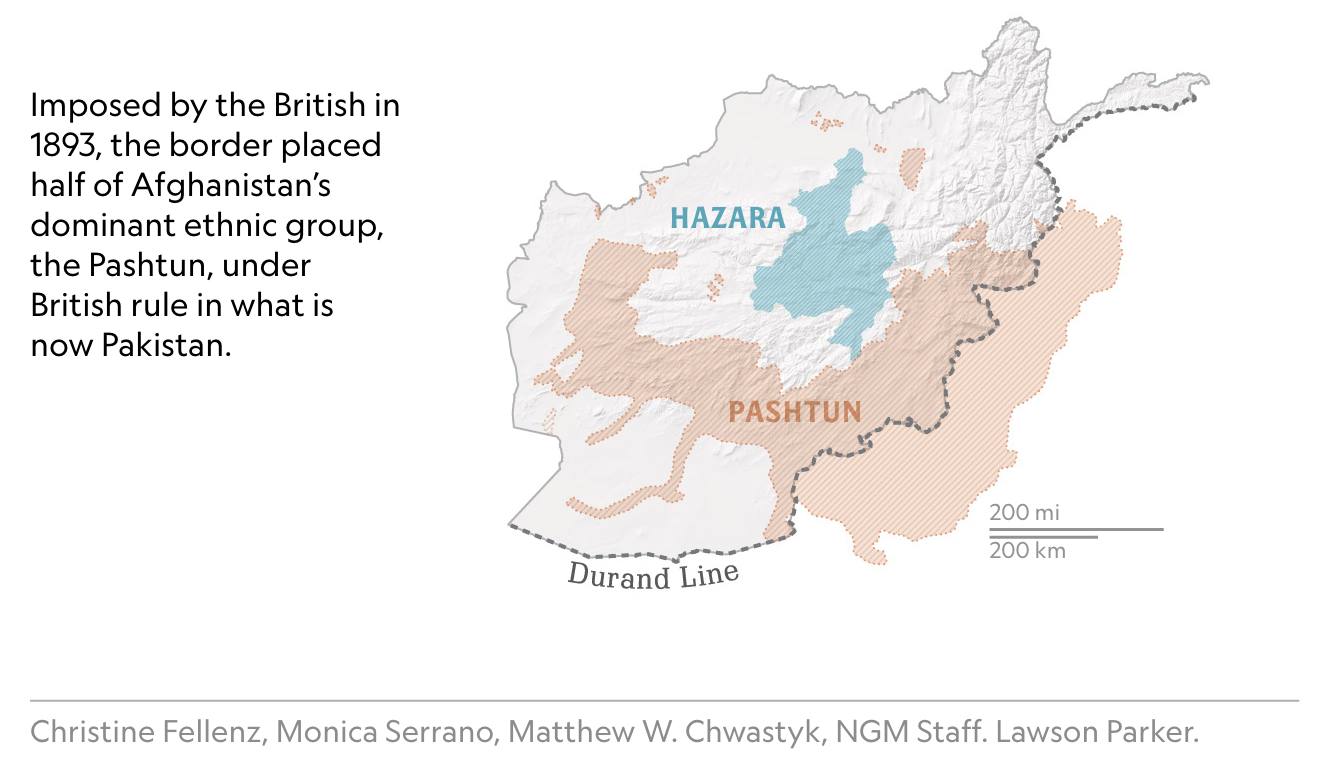In the Graveyard Of Empires by Jones
Ref: Seth Jones (2010). In the Graveyard of Empires; America’s War in Afghanistan. Norton.
__________________________________________________________________
Summary
A history of the US War in Afghanistan with lessons learned and potential solutions.
The existence of a weak and ineffective government was a critical precondition to the rise of violence in Afghanistan. Afghan leaders at all levels failed to provide good governance. National and local officials were unable to manage resources effectively and implement sound policies. In rural areas of the country, such as the southern provinces of Kandahar and Helmand, there was virtually no improvement in the provision of key services, such as electricity and water, from the Taliban period to the Karzai era.
Based on present challenges and the country’s history, the US should follow several critical steps to achieve security: It must confront corruption, partner with local (not just national) entities, and undermine the sanctuary in Pakistan. The goal of an effective strategy should be to improve the competence and legitimacy of national and local afghan institutions to provide security and services to the local population. Success in any counterinsurgency hinges on the support of the local population.
__________________________________________________________________
Hindsight
One of the most serious problems has been the inability of international and Afghan forces to “hold” territory once it was cleared of insurgent groups. British forces operating in the southern province of Helmand complained that they were simply “mowing the lawn.” With insufficient numbers of troops to clear and hold territory, the insurgency seemed to grow back, forcing British soldiers to clear the same territory repeatedly.
Insurgents were also able to gain significant assistance from the international jihadi network and neighboring states, such as Pakistan and Iran.
Outside support to the Afghan government was strikingly insufficient as US policymakers began their sojourn into Afghanistan. “I recommend reassuring the Pashtuns that nation building is not our key strategic goal.-Douglas acknowledged Under SECDEF Douglas Feith. “Rumsfeld was determined not to do ‘nation-building’ as the US typically did it in the 1990’s.’ Indeed, the US adopted a “light footprint” approach. But they ultimately would be forced to engage in nation-building to save a country that lacked the basic governmental institutions necessary to prevent a return of the Taliban, al Qaeda, and other militant groups. But they did it on the cheap. The number of international troops per capita in Afghanistan was significantly less than virtually every nation-building operation since WWII. By 2003, US financial resources that could have been devoted to Afghanistan were going to Iraq, squandering a momentous opportunity.
__________________________________________________________________
Afghan Way Ahead
Corruption: Address the massive corruption at the national and local levels, which has steadily alienated the local population and fueled support for insurgent groups. While corruption is endemic in many societies, several forms of corruption appear to have specifically contributed to the Afghan insurgency: drug trafficking, bribery among senior officials, and pervasive extortion among Afghan police and judges. While the central government in Afghanistan has historically been weak, especially in rural areas, it needs to be viewed as legitimate by Afghans. At a bare minimum, Afghans should respect the central government enough that they don't want to overthrow it.
Corrupt Afghan government officials, including those involved in the drug trade, need to be prosecuted and removed from office. Ambassador Thomas Schweich, who served as US coordinator for counternarcotics and justice reform in Afghanistan, revealed that “a lot of intelligence...indicated that senior Afghan officials were deeply involved in the narcotics trade. Narco-traffickers were buying off hundreds of police chiefs, judges, and other officials. Narco-corruption went to the top of the Afghan government.”
The USA and others in the international community should encourage Afghan leaders to draft sweeping anti-corruption legislation, arrest and prosecute corrupt officials at the national and local levels, create inspector general offices in key ministries, provide support to the justice system (including protecting judges, prosecutors, and witnesses involved in corruption trials), and conduct a robust public information campaign. Undermining high-level corruption in Afghanistan is just as much about finding the political will to implement effective anticorruption programs as it is about developing them. And the strategic goal should be a sense of legitimacy among local Afghans.
Pakistan Sanctuary: Address the sanctuary in Pakistan, which has been fundamental to the success of every successful insurgency and counterinsurgency in Afghanistan’s recent history.
_______________________________________________________________
Misc Quotes
We blinded ourselves to growing evidence that Pakistan, contrary to assurances, was condoning the presence of, and probably providing assistance to, the Taliban in keeping with its old policy of supporting extreme Islamist groups as the best means of installing a pliable governance in Kabul.-Francesc Vendrell, EU Special Representative (2008).
_______________________________________________________________
Chronology
_______________________________________________________________

